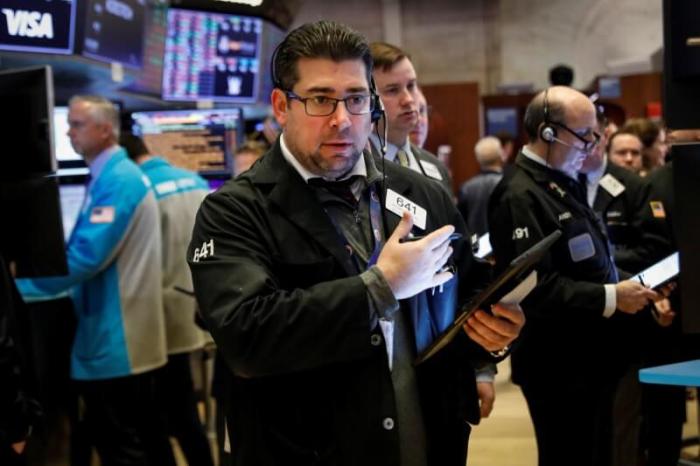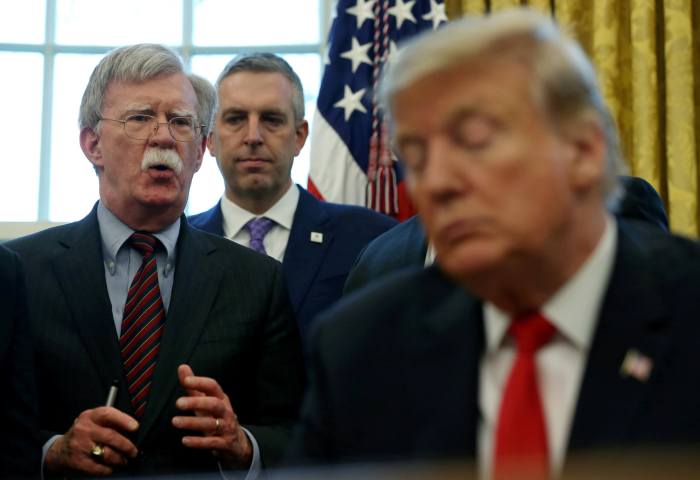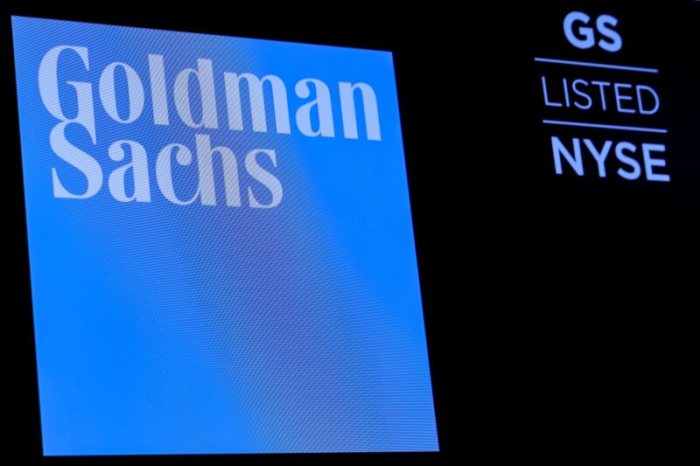By Alexandra Alper and David Brunnstrom
WASHINGTON (Reuters) – The United States has decided to postpone a meeting with leaders of Southeast Asian countries it had planned to host on March 14 due to worries about the coronavirus outbreak, two U.S. officials familiar with the matter said on Friday.
President Donald Trump had invited leaders of the 10-member Association of Southeast Asian Nations (ASEAN) to meet in Las Vegas after he did not attend a summit with the group in Bangkok in November.
“As the international community works together to defeat the novel coronavirus, the United States, in consultation with ASEAN partners, has made the difficult decision to postpone the ASEAN leaders meeting,” one of the sources, a senior administration official, told Reuters.
The official added that the United States values its relationships with ASEAN member nations and looks forward to future meetings.
A spokesperson for the U.S. State Department provided an identical statement.
The U.S.-ASEAN Business Council said it was aware of the decision and said a major technology summit it was planning on the sidelines of the leaders’ meeting was also being postponed.
“We look forward to working closely with U.S. and ASEAN leadership to ensure the success of this important engagement at a later date,” the council’s vice president, Elizabeth Dugan, said in statement.
The postponements come amid growing fears that the virus will spread in the United States as countries report new infections, companies announce curbs on employees’ travel and global stock markets continue to plummet.
The number of confirmed coronavirus cases in the United States is still relatively small at around 60, most of them repatriated American passengers from the Diamond Princess cruise ship that docked in Japan.
The coronavirus outbreak started in China late last year. The latest World Health Organization figures indicate over 82,000 people have been infected, with more than 2,700 deaths in China and 57 deaths in 46 other countries.
While the outbreak appears to be easing in China, it has surged elsewhere and countries other than China now account for about three-quarters of new infections.
China is not a member of ASEAN, which groups Brunei, Cambodia, Indonesia, Laos, Malaysia, Myanmar, the Philippines, Singapore, Thailand and Vietnam.
Although the State Department has repeatedly stated that ASEAN is at the heart of its strategy to maintain a “free and open Indo-Pacific” in the face of rising Chinese power, Trump’s decision not to attend the Bangkok meeting had raised questions about the U.S. commitment to the region.
Japan’s Nikkei Asian Review earlier this month quoted diplomatic sources as saying that leaders from Vietnam, Laos, Singapore, Cambodia and Thailand had planned to attend the Las Vegas summit.
(Reporting by Alex Alper, David Brunnstrom and David Shepardson; Editing by Sonya Hepinstall and Leslie Adler)
























